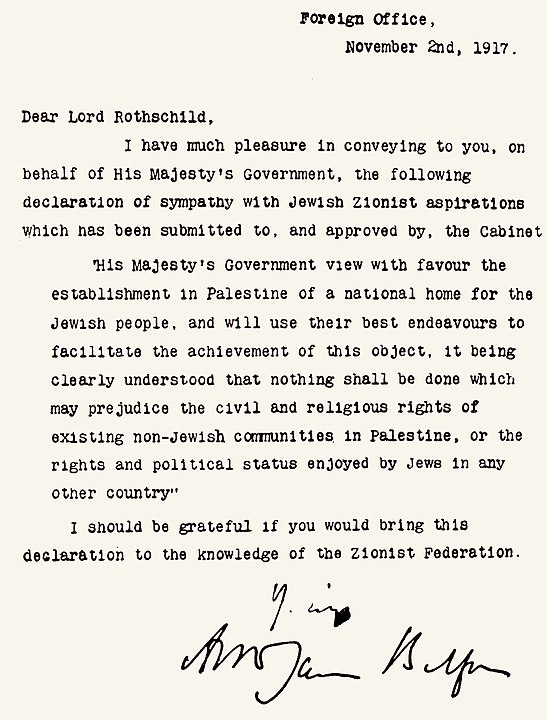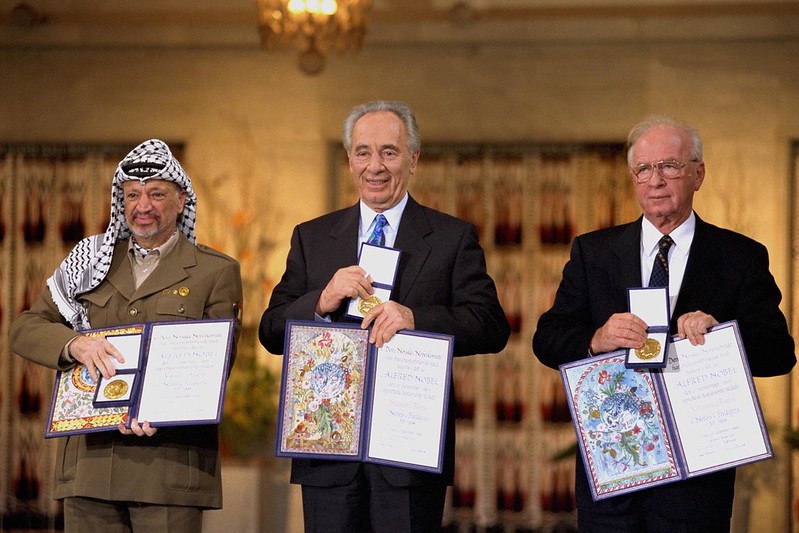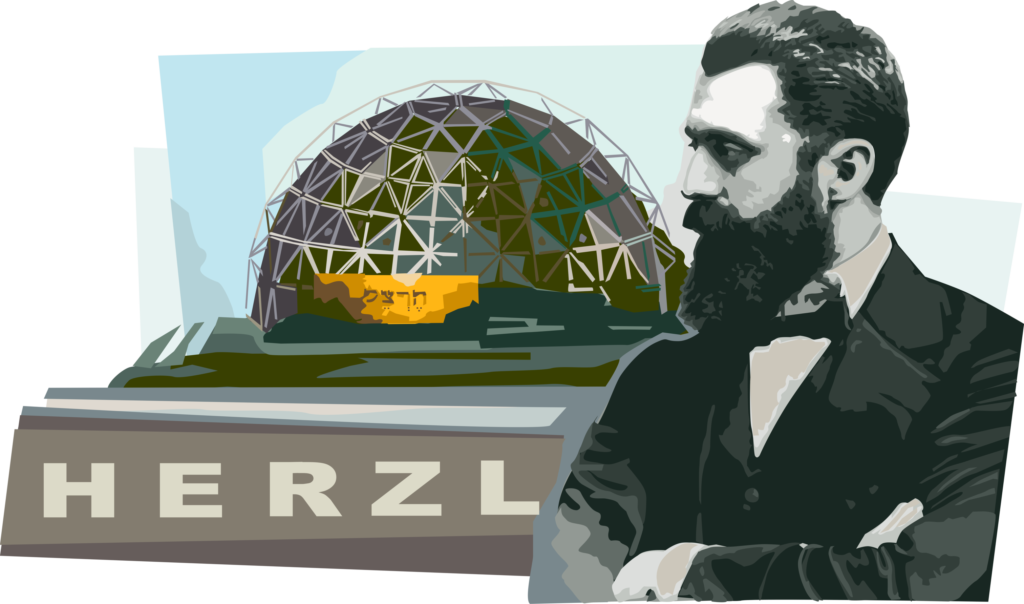“Next year in Jerusalem.”
For two thousand years, generations of Jewish people have been repeating this prayer at the end of each Passover feast.
When I read about this in O Jerusalem!, I said to myself: Wow. These people desired to go back to Jerusalem so badly!
In the same book, Larry Collins added:
“In their prayers, in their rites, at each salient moment in the passage of a lifetime, they had reminded themselves of their attachment to that Promised Land and the transient nature of their separation from its shores.”
Are we consistent in reminding ourselves of our attachment to Jerusalem and standing with Palestine?
So It’s important here to pause and talk about desire.
Blueprint: Desire comes first
If our desire to stand for Palestine is lower than the desire of Israel to expand, we will lose.
An intense desire leads to a strong will. From a strong will stems powerful actions. The powerful actions are the source of influence.
Without desire, will, action, and influence, all we do is seasonal support each time atrocities are committed. Then, when Palestine is not on the front page, we return to our bubbles.
Between two bursts of violence, the humiliations and extortions continue, or even worse, hope is lost.
If we want to become influential, the story of the Jews is a great source of inspiration.
How Israel became so influential that they don’t have to respect international laws?
Even more interesting, how comes that the Jews gained the support of Christian nations that hated them and mistreated them for centuries?
Only when we understand how this shift happened that we can become influential.
It is important to remind here that Muslims shouldn’t seek influence to become a copy of Israel.
Muslims should seek influence to stand for what is right.
It doesn’t matter if Muslims use their influence to supporting the oppressed–Muslims or non-Muslims alike, or to protecting the environment. The important is to have it.
Some context
When we talk about intense desire, we can’t go without naming Theodor Herzl, the visionary of the Jewish state and the father of modern political Zionism.
He wrote:
“Our opponents maintain that we are confronted with insurmountable political obstacles, but that may be said of the smallest obstacle if one has no desire to surmount it.”
It is popularized that the Dreyfus affair turned Herzl into a Zionist.
In 1895, he was a newspaper correspondent in Paris assisting the public humiliation of Captain Dreyfus.
Shocked by the anti-Semitism of the crowd, he wrote the pamphlet The Jewish State and organized the First Zionist Congress in 1897.
Before this affair, the Jews were often the targets of Christian hatred.
Among many, we can mention a few examples:
- The Theodosian code and the Fourth Lateran Council set them as a race apart.
- The Crusaders slaughtered every Jewish community that came their way.
- Hold responsible for the Black Death that disseminated half of the European population, the Jews were killed in mass.
After the assassination of Tsar Alexander II in 1880, the Jews were murdered in what is known as pogroms.
The Jews began to flee the Russian empire that was home to about 5 million Jews.
It’s in this context that our main actor comes to play: Lord Balfour.
Acetone and the declaration of Balfour

Arthur Balfour is famous for the eponymous declaration of 1917.
When he was the British Foreign Secretary, he made a public statement announcing that the British government would support establishing a national home for the Jewish people in Palestine.
We can’t say though that Lord Balfour was always friendly to the Jews.
In 1905, while serving as Prime Minister, Balfour supported the Aliens Act.
One of its main objectives was to control Jewish immigration coming from the Russian empire.
So what happened between 1905 and 1917 that changed his mind?
Firstly, Zionism served the interests of Balfour by directing the Jewish immigration away from Britain.
In 1919, he wrote that the Zionist movement would “mitigate the age-long miseries created for Western civilization by the presence in its midst of a Body which it too long regarded as alien and even hostile, but which it was equally unable to expel or to absorb.”
Secondly, Balfour’s support for Zionism wouldn’t happen without the friendship he developed with Dr. Weizmann (he would become the first President of Israel).
Dr. Weizmann invented a new way to produce acetone–a critical ingredient used in explosives and munitions.
Because of the war, Britain was in huge need of a large amount of acetone.
Thanks to his contribution, Dr. Weizmann did a huge favor to the British in WWI.
Acetone turned Balfour into a fervent supporter of Zionism.
We find a similar pattern with the Jews in the USA.
Einstein came out with his greatest equation (E = mc2). Without it, the atomic bomb that gave the edge to the USA was impossible to create.
From there, Oppenheimer finished off the job by leading the Manhattan Project.
1.8 billion Muslims vs 17 million Jews

Previously, we focused on the contributions of the Jews in the British and American efforts of the war.
The Jews solved some of the problems of the 20th century. It helped them gaining influence and strengthen their position in the Middle East.
The modern story of the Jews can be a source of inspiration for us.
To show where the influence of Muslims was lost, I want to highlight one element of comparison: The Nobel Prize.
Jews make up for less than 0.3% of mankind.
But surprisingly, at least 20% of all recipients of the Nobel Prize were Jews.
If we don’t count the prizes for Peace, Economics, and Literature to focus on pure science, here’s what we find:
- Chemistry: 36 Jews prize winners vs 2 Muslims.
- Physics: 56 Jews prize winners vs 1 Muslim.
- Physiology or medicine: 57 Jews prize winners vs 0 Muslim.
Muslims are more than one-fifth of the world population. They won twelve Nobel prizes, seven were for the Peace Prize. The Jews won more than 200!
Some attributed these results to the genes of the Jews. Others to the books the Jewish homes hold.
In an article published by Haaretz titled The Real Reason Why Jews Win So Many Nobel Prizes, the author argued that there’s no such a thing as a Jewish genius gene or a culture of reading books.
The excellence of Jews is something new and related to the 20th century.
The real explanation of the Jewish success in science is DESIRE. He wrote:
“The Jews turned to science in great numbers because it promised a way to transcend the old-world orders that had for so long excluded most Jews from power, wealth, and society.”
Final thoughts on desire

Without desire, there’s no will, no action, and thus no influence.
So for Muslims to close the gap with the Jews and other leading nations, the first step is to desire it.
How badly do we want to see thriving Muslim communities that live in peace and contribute to the wellbeing of this world?
Muslims showed recently that they could successfully break Israel’s monopoly on the narrative of the conflict.
This is a precious victory that we can build upon it.
But when the Palestinian conflict will go under the radar and most of us return to their bubbles, let’s do not forget to develop ourselves.
It is important to keep sharpening our minds with knowledge, strengthening our hearts with faith, preserving our bodies with exercise, and striving to become great at whatever we’re doing.
We can willingly do the effort now and have a share of whatever good happens to the Muslim community.
Or we can carry on living our lives like nothing is happening.
In this case, Allah will simply replace us with better Muslims who are willing to do the work.
This is the Sunnah of Allah. And Allah always fulfills His promises to the believers.
May Allah ease the hardship of the Palestinians, the Uighur, and all oppressed Muslims around the world. Ameen.
Article posted the 24 May 2021
Previous Articles
- The Certainties of Muslims in Uncertain World
- Mongols Invasions: Some Forgotten Lessons to Today’s Muslims
- How to Enjoy Salat and Make it Meaningful
- How Muslims Have Responded to Western Society Dominance?
- The Future of Education: Better, Shorter, Cheaper?
- A Few Thoughts For Muslims
- The Blue Economy or How to Make Change Appealing
- Biomimicry: When Looking at the Creation Helps Solving Problems
- Scary AI and The Need For a Brain Optimization
- How the Prophet Transformed the Companions?
- Are Muslims Meant to Be Sleep Deprived?
- Muslims Judging Each Other: Why and How to Be Less Judgy
- Learning How to learn: The Foundation For Lifelong Learners
- 7 Lessons Lessons from Luqman that Will Make You Wise
- The Obstacles to Reading Books and How to Overcome them
- The One Habit


